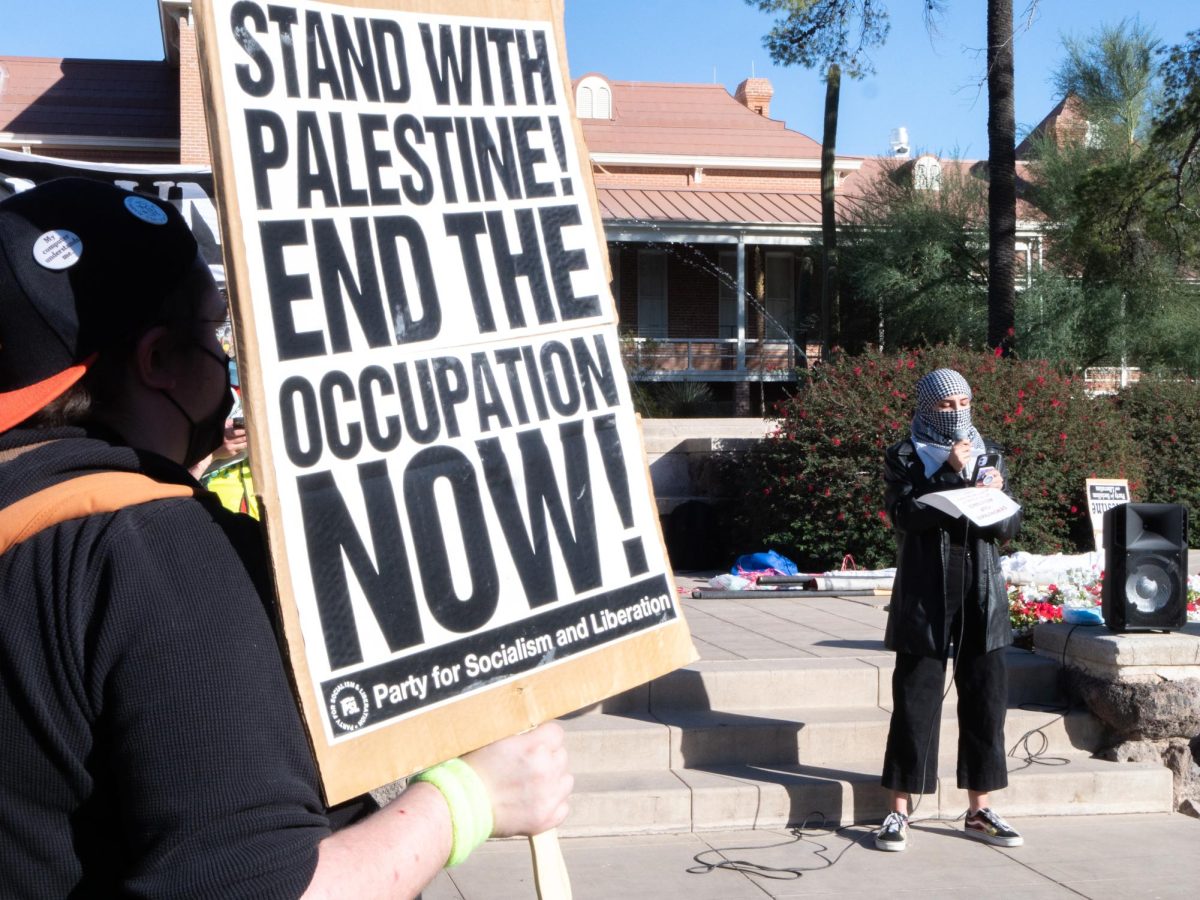We all know that the economy needs fixing; the question is, how? Party lines and petty politics are getting in the way of public understanding, and as we watch debates and advertisements on television where candidates toss around statistics and blame, it’s hard to know which contender has the best plan for restructuring the numerous problems in the United States revolving around money.
Through speech, both candidates have made their overall views on tax roles in the economy pretty clear: Sen. John McCain wants to cut taxes for small businesses and Sen. Barack Obama wants to cut taxes for middle-class families; in print, however, the details are slightly depressing from both camps. McCain wants to cap income taxes at 35 percent and cut corporate taxes by 10 percent, which would leave people who can only afford one home making up the difference out of pocket for those who own multiple properties, whether they are businesses or individuals. Obama’s tax credit to middle-class American families ð- which he defines as families with an income below $250,000 – through a $1,000 energy rebate per year, as well as child care and working family credits, are a much needed relief effort; however, in his economic plan he provides little information on similar relief for families dependent on welfare and no specifics as to how he will pay for his tax credits.
“”Government reform”” is a big catchphrase for both campaigns, and because tax reform depends on government legislation, I checked the wording on economic implications on the governmental level. McCain wants to cut spending on social programs by replacing social security with private accounts, cutting Medicare spending and “”overhauling”” unemployment insurance by converting it to comprehensive job training programs; for those of us in the poor bracket who rely on such public welfare, McCain’s plan sucks a sour lemon. He proposes a freeze in discretionary spending on everything but security; by freezing non-security discretionary spending, he essentially puts off funding for the departments of Education, Health and Human Services, Labor and Transportation and for those of us in the working and middle classes this plan is equivalent to sucking 20 Warhead candies. Meanwhile, he offers savings from the victories in Iraq and Afghanistan to lessen the national deficit. However, the National Priorities Project approximates the total cost of the war at $560.5 billion. If there is a folder for savings from the current war, I’d like to see it. I have no choice but to assume McCain is referring to future victories, in which case I believe we will be further in debt than we are now.
Meanwhile, Obama is investing tens of billions of dollars to revitalize the economy. He pledges $60 billion over 10 years to infrastructure as well as a $50 billion emergency boost in funds to government agencies (education, health care, etc.) to lead us out of recession and provide and maintain jobs. His energy plan is much more environmentally friendly – albeit more costly – and his health care is more comprehensive for mainstream America. While many liberals may be cheering and commenting how by 2025, his plan leaves us with a more self-reliant America than McCain’s selectively beneficial economic plan, Obama’s fiscal plan leaves much up in the air. He proposes reinstating pay-as-you-go, or PAYGO, which enforces financing new programs and spending by cutting back on unnecessary programs, without saying who will decide the necessity of such programs. Obama also proposes getting rid of loopholes for special interests, citing oil, gas and independent defense companies, without mentioning such loopholes that exist today. At the end of the day, throwing around criticisms of the war and energy dependency won’t cut it if Americans don’t know exactly where the financing for his plan is coming from.
By the end of my research, I was pretty disappointed with both candidates’ lack of an all-encompassing plan. McCain’s plan detailed very explicitly where the money and cuts would come from without providing much information on where it would go; in contrast, Obama’s plan pledged money to important struggling government programs without detailing specifics about the money’s origin. In the end, McCain’s precise wording doesn’t make up for his bad economic strategy, while Obama’s uplifting proposal requires specifics to be realistic.
Both parties come halfway and then stop, and frankly, America needs a leader who will get the job done. McCain and Obama can criticize and attack each other all they want with “”facts,”” but unless they can put their money where their mouths are – and make the information honest and available for average Americans – we are economically screwed.
– Jessica Fraser is a freshman majoring in journalism and political science. She can be reached at letters@wildcat.arizona.edu.








